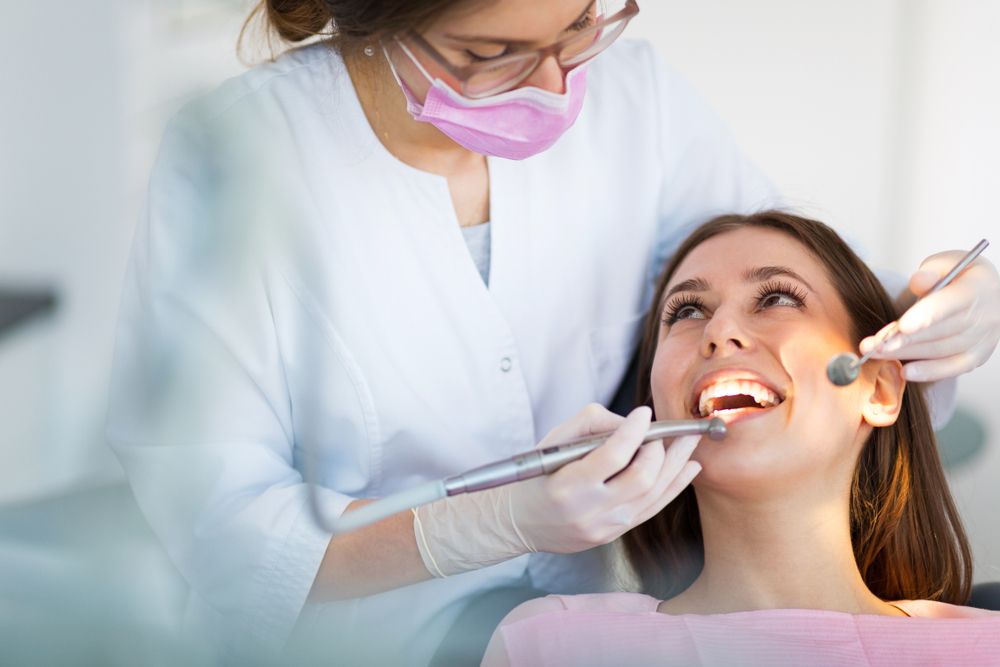If you're someone who places a high value on your oral health, you're in good company. According to research conducted in 2022 and 2023, a significant 92% of individuals recognize the vital role that oral health plays in their overall well-being, and they're absolutely correct! The research also highlights that the COVID-19 pandemic has influenced the way many people approach their holistic wellness. Given the intimate connection between oral hygiene and overall health, it's no surprise that during this extended period of staying at home, many individuals have taken the opportunity to enhance their oral health habits. If you count yourself among these proactive individuals, it's only natural that you're keen to learn about the dos and don'ts of oral care. That's why we've compiled a list of things dentists avoid—and don't want you to do either.
Here are the actions that a dentist avoids:
1) Brushing Immediately Following the Consumption of Acidic Food or Beverages
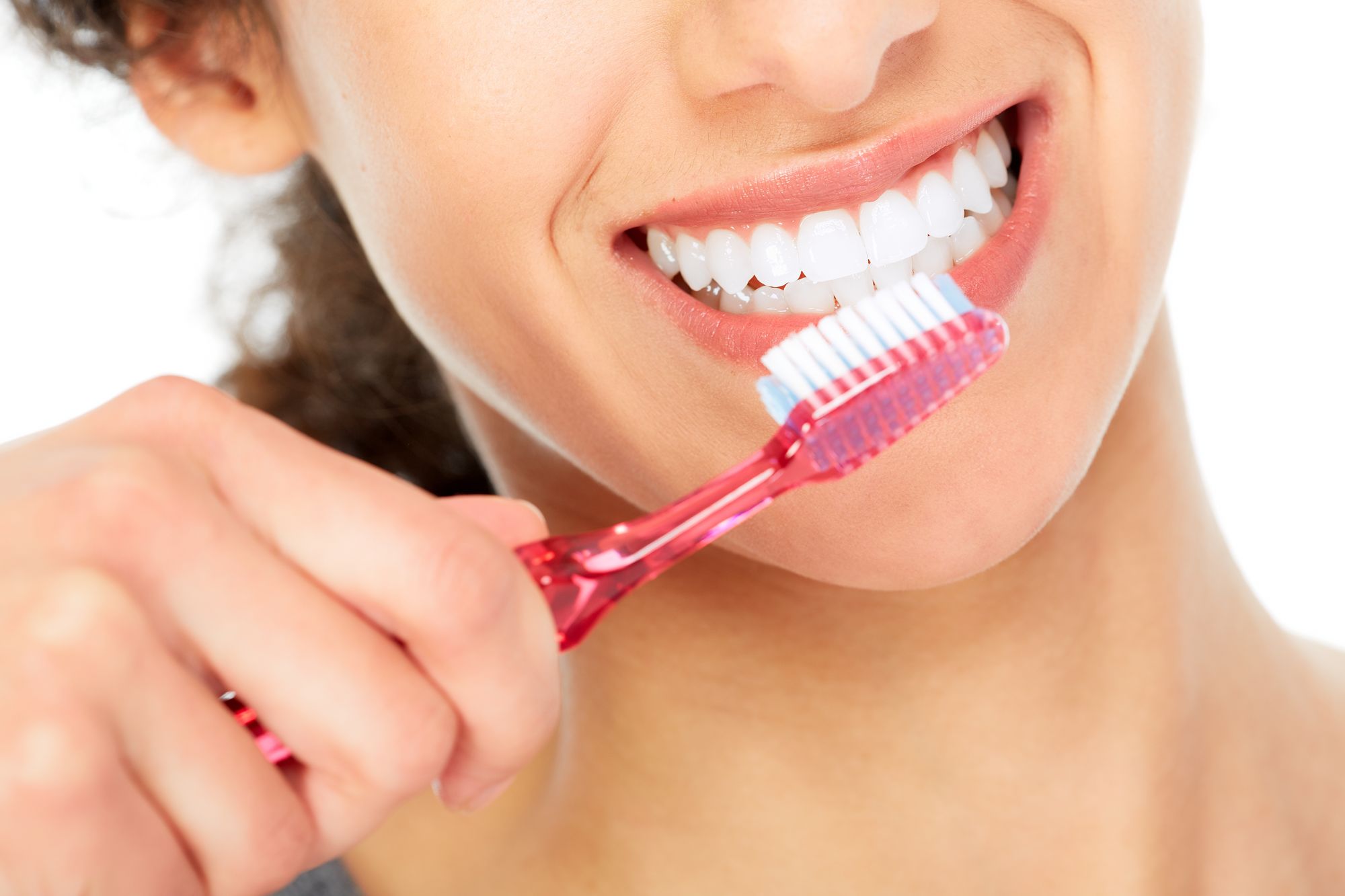
If you habitually brush your teeth right after consuming acidic food or beverages, it's time to break that habit as soon as possible. According to Dr. Michael J. Wei, a Manhattan cosmetic dentist and FIADFE member, this practice can lead to the weakening of your tooth enamel.
2) Completely Neglecting to Brush Your Teeth
While it might seem obvious, it's crucial to emphasize the importance of regular tooth brushing. As per the American Dental Association (ADA), you should brush your teeth twice a day for two minutes each time, using a toothbrush with soft bristles. Failing to brush your teeth adequately, or not doing so at all, can lead to gum disease and tooth decay, as cautioned by Dr. Wei.
3) Chewing Hard Objects
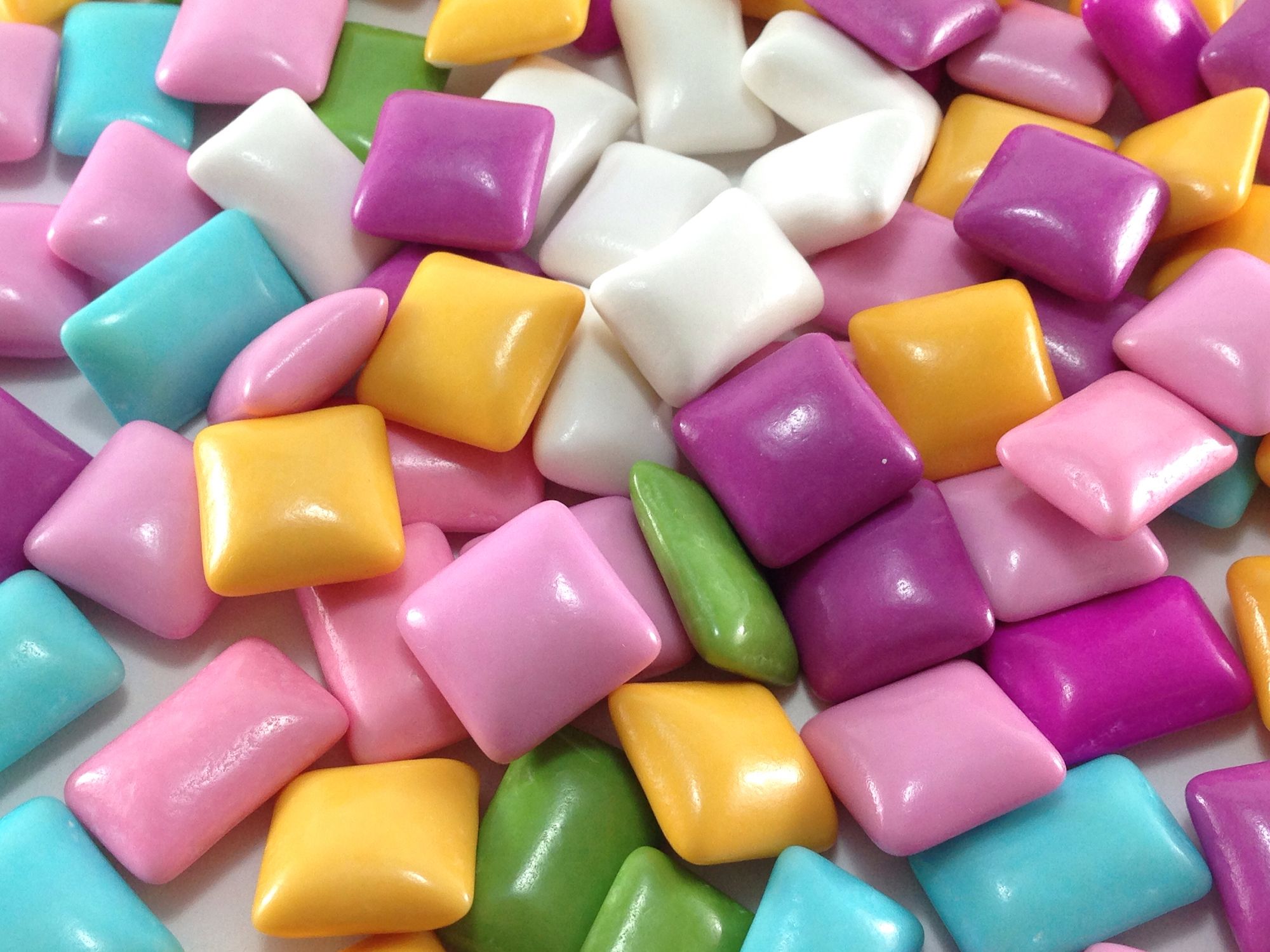
Engaging in the thoughtless act of chewing on ice cubes or popcorn kernels might appear innocuous, but according to Dr. Wei, these hard objects can cause significant damage to your teeth. The Cleveland Clinic also warns that establishing a routine of chewing ice cubes—or even applying excessive force while biting down on one just a couple of times—can lead to chipped crowns, restorations, and fillings. It may even result in the fracture of a tooth that already possesses minor pre-existing cracks.
4) Using a Hard-Bristled Toothbrush
As previously mentioned, the key is to opt for a toothbrush with soft bristles. Dr. Wei advises against selecting a toothbrush with hard bristles from the drugstore, as it can erode your tooth enamel.
5) Never Flossing
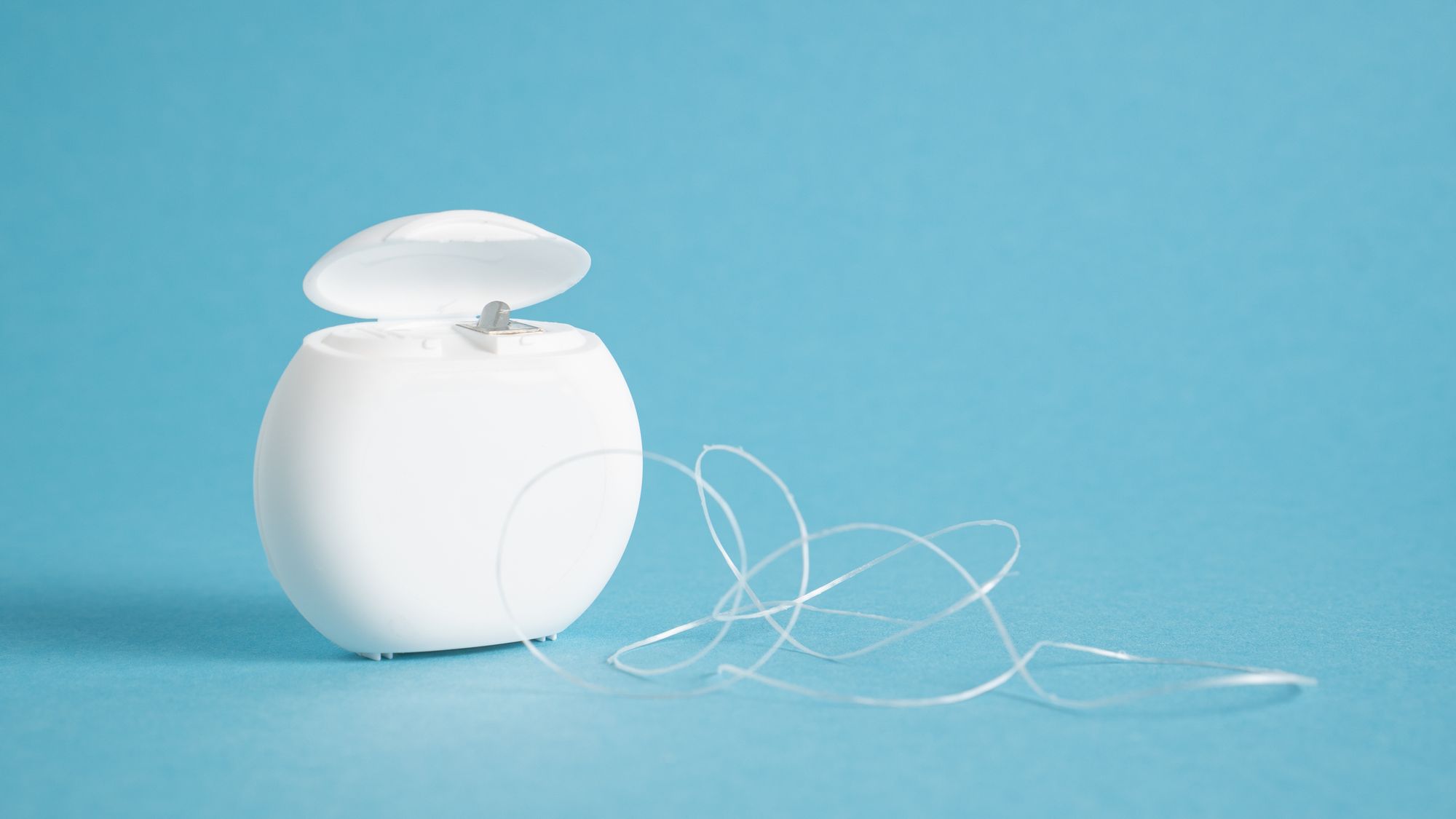
Brushing and flossing your teeth are complementary practices. Neglecting to include flossing in your routine is a guaranteed method to encourage the accumulation of plaque and potentially develop gingivitis, as cautioned by Dr. Wei. According to the ADA, dental floss effectively cleans areas of your teeth that are difficult to access, subsequently reducing the risk of tooth decay and gum disease. The ADA recommends incorporating daily flossing into your oral hygiene routine.
6) Neglecting Regular Dental Check-Ups
Scheduling routine dental check-ups is essential for your overall health and well-being, so be sure not to miss them! These appointments provide an opportunity to consult with your dentist and discuss any concerns you might have. Additionally, regular check-ups can aid in the early detection and prevention of potential dental issues, as noted by Dr. Wei.
7) Using Your Teeth to Open Packages or Objects
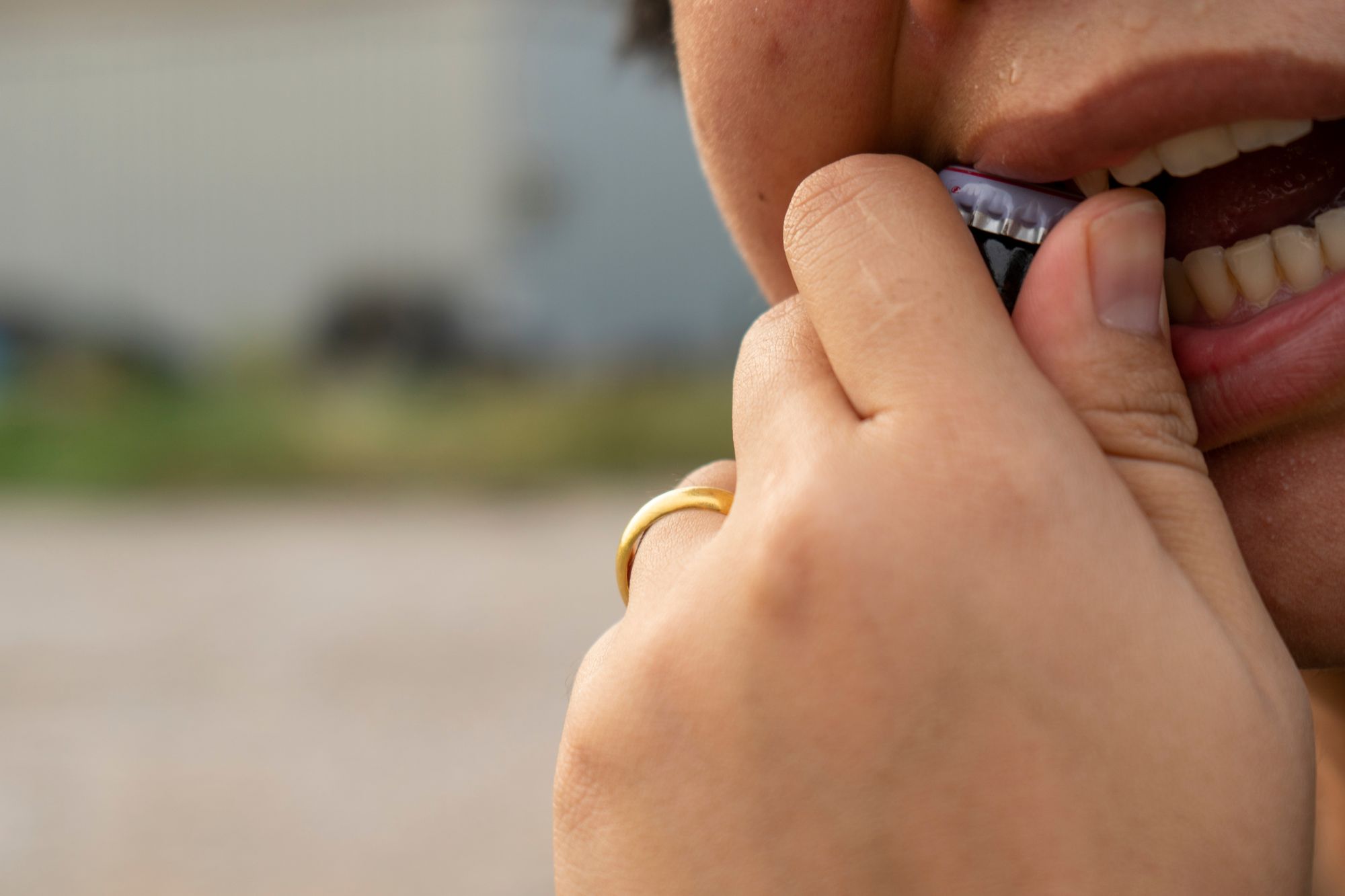
Many of us have probably fallen into this unhealthy practice at some point. Utilizing your teeth to open packages and bottles is a significant mistake. According to Dr. Wei, it can potentially lead to tooth fractures! It's best to use scissors or dedicated package openers moving forward.
Adopt These Advantageous Oral Care Practices Recommended by Dr. Wei:

- Brush your teeth twice daily, spending at least two minutes each time, and use a toothpaste containing fluoride.
- Make it a daily habit to floss your teeth.
- Stay well-hydrated by drinking plenty of water throughout the day.
- Steers clear of sugary and acidic foods and beverages to protect your teeth.
- Schedule regular check-ups and professional cleanings with your dentist every six months.
- Incorporate mouthwash into your oral care routine to help reduce bacteria and plaque.
- When participating in sports, ensure you wear a mouthguard during both practice and games.
- Replace your toothbrush every three months to maintain its effectiveness.
- Avoid smoking and the use of smokeless tobacco products for the sake of your oral and overall health.

